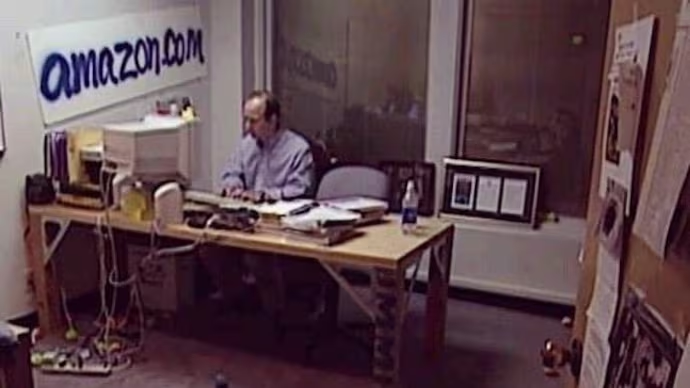At the Crossroads of Choice
Three criteria for a wise decision-making

We face crossroads of choices every moment. From everyday trivial decisions like what to have for lunch to more significant ones such as choosing a major, deciding which job to take, or determining who to build deep relationships with.
I tend to think a lot about making good choices. Like many of you, I want to maximize the proportion of the right choices in my life. So today, I’d like to share some stories I've picked up here and there about choices, along with my own thoughts. It’s structured into three main sections.
1. Process over choice
In my experience, most of the choices we make do not lead to immediate results. Moreover, at the time of making a decision, we do not know all the outcomes it will bring. After all, life isn’t that simple or linear.
What I mean is, the "process" lies between the choice and the outcome. So shouldn’t we pay more attention to the process rather than the choice itself? For instance, instead of pouring energy into whether to try a new experience or not, I believe the effort you put into making that experience beneficial for you is far more important.
Of course, there are choices like the lottery where your decision leads to immediate outcomes. These are choices where you can’t exert effort to improve the results. However, in the long run, such types of choices are not that common in our lives.
Perhaps the choice itself isn’t that important. Therefore, instead of spending a lot of time making the "right choice," the process of making that choice "the right one" is more important. This is the perspective I always strive to maintain.
2. Asymmetric Opportunities
This is a concept I introduced in a previous letter. It refers to opportunities or choices that offer more potential benefits than losses. When making a choice, consider two things:
(1) What are the potential losses?
One example of asymmetric opportunities, popularized by Naval Ravikant, is "attending social parties." By attending parties and gatherings where new people meet, what could you potentially lose? Time, money, and social energy, perhaps.
(2) What are the potential gains?
Then, what could you potentially gain by attending gatherings where new people meet? Depending on the nature of the gathering, you might gain new information or knowledge. You might start thinking in ways you haven’t before, and if you’re lucky, you could meet someone really cool and make a new friend.
Thus, Naval Ravikant views "attending social parties" as an asymmetric opportunity. It’s a choice where what you gain is greater than what you lose. Our lives are full of such asymmetric opportunities, and when it’s time to make a choice, considering whether it’s an asymmetric opportunity can be helpful.
3. Two-Way Doors
In his book Invent and Wander, Jeff Bezos categorizes all decisions into two major types.
(1) One-Way Door
There are decisions that, once made, cannot be undone. Although Bezos discussed this from a business perspective, similar irreversible decisions exist in our lives. For example, marriage. While divorce is an option, I consider it a one-way door because the consequences of such a choice are significant. Bezos advises that such decisions should be made very carefully, meticulously, and slowly.
(2) Two-Way Door
However, Bezos states that most decisions are two-way doors, meaning that even if you make a choice, you can change or reverse it later. Therefore, there’s no need to overthink such decisions. You can always come back and adjust.
In my opinion, the real issue is that we often mistakenly perceive decisions that are actually two-way doors as one-way doors. As a result, we either spend excessive time deliberating or get so paralyzed by fear that we avoid making a decision altogether. Upon reflection, we realize that a significant number of choices we face are indeed two-way doors—even those that seem like major decisions.
This was a long read, but the bottom line is: why are we so afraid of making choices?
As Bezos said, many decisions are actually two-way doors, and upon closer inspection, the choices before us might offer greater gains than losses. Moreover, to maximize the benefits over the losses in these choices, we need to put effort into making them "the right choices" through the process. With these perspectives, I believe we can fill our lives with wiser decisions.
See you next week.
